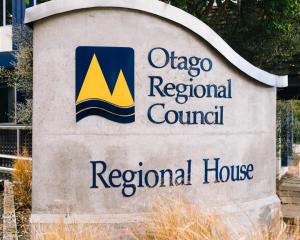
A hearing is under way to identify sites for possible rezoning to enable greenfields development, and is set to continue on Monday after a series of site visits made by members of the panel.
A panel made up of chairman Gary Rae and Crs Steve Walker and Jim O’Malley is considering proposed changes to the council’s second-generation district plan aimed at enabling additional housing capacity.
Adjustments to the plan were needed after central government reform identified the need for more housing expansion than what was originally forecast.
The latest hearing relates to land not yet developed, covering limited areas where the city might grow.
This would affect areas such as Concord, Brighton, Fairfield, Portobello and the Taieri Plain.
On Tuesday, council staff responded to concerns raised by submitters in recent weeks.
Council planning team leader Emma Christmas and council solicitor Michael Garbett said a lack of housing capacity would not force the panel to reconsider sites which had already been deemed unsuitable for rezoning.
Ms Christmas said representatives for a number of sites challenged the accuracy of a housing capacity assessment undertaken in response to the national policy statement for urban development.
The submitters argued the assessment did not correctly outline the purpose of the second-generation plan when it came to the national policy statement.
They said the variation 2 hearings had an obligation to address the lack of housing capacity, and challenged the assessment’s validity.
Ms Christmas said the assessment had been subject to peer review and deemed appropriate.
"Therefore its findings can be relied on," she assured submitters.
Both Ms Christmas and Mr Garbett told the panel it was not its responsibility to ensure capacity requirements were met through the options available during the variation 2 hearing.
"The panel’s role is to assess the appropriateness of the sites put forward, including those sites requested through submissions."
Rezoning isolated and disconnected pockets of land, when they are some distance from services and public transportation, is generally considered not consistent with maintaining a compact city, it is stated in a planning report.
The hearing will continue on Monday, where council staff will continue responding to submissions.












